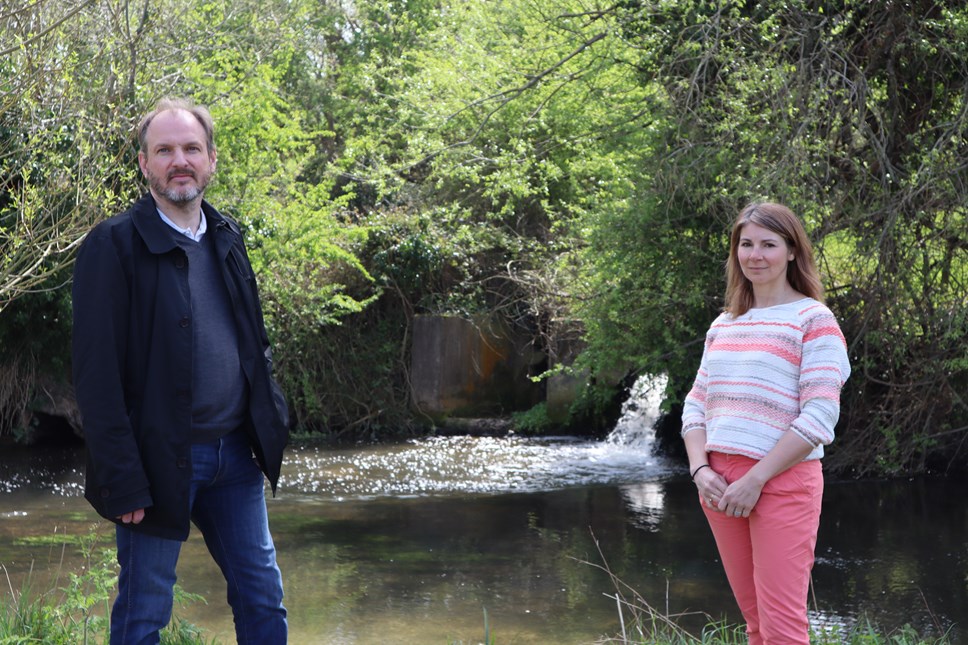
Cotswold District Council calls for action to stop sewage from being pumped into local rivers
Cotswold District Council is calling for faster action on tackling the issue of sewage being pumped into local waterways following data being published by the Rivers Trust showing that in 2020 sewage was discharged in locations across the Cotswolds a total of 1260 times for a total of over 17,000 hours.
Cllr Andrew Doherty, Cabinet Member for Environment, said: “Our rivers are a vital part of our local environment and they are being polluted to a degree that most of the public would not recognise.
“The frequency with which water companies are now pumping raw sewage into our waterways shows it has become the norm, not the exception, meaning something is fundamentally wrong with the UK’s approach to the environment and the Government must do more to urgently address this unacceptable pollution.
“Not only is this issue having a negative impact on wildlife, but it also hugely affects quality of life and the enjoyment of water-based activities for residents along the course of the rivers. It can also cause contaminated water to make its way onto roads, pavements, and into homes.
“The Government has belatedly recognised that infrastructure has not kept pace with the development of new housing and that this needs to be addressed. There needs to be national and regional responses to this problem as rivers flow across boundaries and affect wide areas.
“We are calling on the Government to do more and to do it faster to tackle this issue. At the same time, we will be doing what we can within the range of our powers to address the issue at a local level.”
The Council resolved to write to Government ministers to request that action is accelerated.
The letter will ask for assurance that housing developers will be asked to meet the costs of the required supply and disposal of foul water from new homes, helping to improve infrastructure.
The Council has also agreed to set up a working group with neighbouring planning authorities to work together, using forthcoming changes in environmental legislation, to update planning policy and deliver better infrastructure planning and development to those areas where sewage treatment is insufficient.
